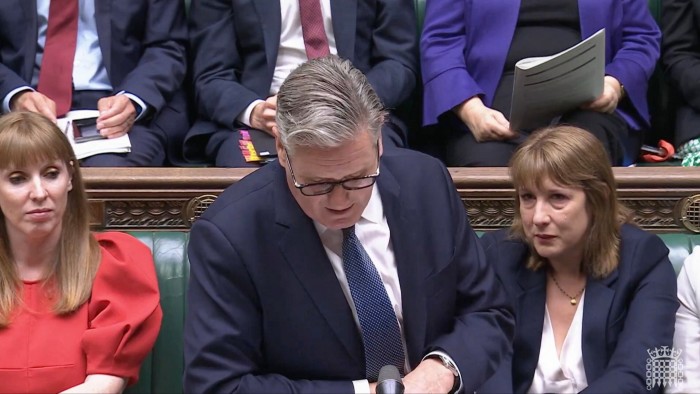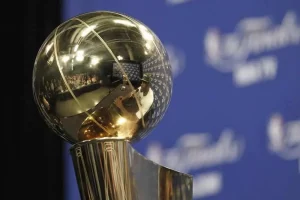The European Composer & Songwriter Alliance (ECSA) issued an open letter to the European Commission on Wednesday (July 2) urging it to block Universal Music Group’s planned acquisition of Downtown Music Holdings.
The ECSA is an umbrella group of around 55 composer and songwriter associations in more than 25 European countries.
“As the music market is already dominated by a handful of global players, the acquisition of Downtown Music would hinder fair competition across the music value chain and reduce the freedom of choice for composers and songwriters,” ECSA wrote.
“While fair competition allows our members to make a choice between different publishers who can offer various services… at different rates, the acquisition of Downtown would exacerbate market concentration and further reduce the options available to composers and songwriters.”
In April, the European Commission announced an initial investigation into the deal under the EU Merger Regulation (EUMR). Although the value of the transaction didn’t meet the EU’s threshold for a competition investigation, it went ahead with it after a request from the Netherlands and Austria, whose national laws do allow for a probe of acquisitions of this size. UMG trades on the Euronext exchange in Amsterdam.
In an update filed last month, the European Commission said it would issue an initial assessment of the acquisition by July 22.
UMG’s Virgin Music Group announced last December that it plans to acquire Downtown for USD $775 million (approximately EUR €737 million). Downtown has been purely a music services company ever since it sold its portfolio of music rights to Concord for around $400 million in 2021.
The company’s core divisions include Artist & Label Services, Distribution, Royalties & Financial Services, and Music Publishing. Its portfolio of businesses includes distributors FUGA and CD Baby, Downtown Artist & Label Services, Curve Royalties, Downtown Music Publishing and Songtrust.
“The acquisition of Downtown would exacerbate market concentration and further reduce the options available to composers and songwriters.”
European Composer & Songwriter Alliance
The ECSA argues that bringing Downtown’s businesses under the UMG umbrella would “amplify the influence of UMG” over collective management organizations (CMOs) and increase its ability to negotiate preferential rates with music streaming platforms, “with significant impact on other music companies and cultural diversity as a whole.”
It also used the letter to criticize UMG’s push for streaming services to shift to an “artist-centric” payment model, which, in general, reduces streaming royalty payments on tracks with low stream counts and rewards popular tracks and frequently searched-for artists.
Advocates of the artist-centric model argue that it reduces the incentive to commit streaming fraud and discourages uploading of low-quality audio tracks to skim a share of streaming royalties.
The ECSA argues it results in the “demonetization of smaller creators and creat[es] a two-tier market – all without any consultation with creators and artists organizations who are directly impacted by them”.
“The promise of the digital era was to create a level playing field for music creators, promoting cultural and musical diversity, and empowering artists, songwriters and composers. Instead, we are now seeing large multinationals hoovering up their competition and limiting our options and negotiation power,” ECSA President Helienne Lindvall said.
“UMG acquiring Downtown would exacerbate this situation, with the corporation dominating every part of the industry, including distribution and rate setting. We urge the Commission to reverse this trend and help create a diverse and healthy music ecosystem that benefits all by blocking this deal.”
The ECSA also blamed the relatively small share of royalties that goes to songwriters, composers and publishers on “the major labels recording divisions’ dominance over their respective publishing arms.”
“We are now seeing large multinationals hoovering up their competition and limiting our options and negotiation power.”
Helienne Lindvall, ECSA
By the ECSA’s calculations, songwriters and publishers take a “paltry” 15% of the royalty pie, while 55% goes to recording rights holders and the rest to streaming platforms.
“UMG’s acquisition of Downtown would make it even less likely for music authors to ever get a fairer share of streaming revenues,” the ECSA said.
The European Commission is carrying out a “Phase I” investigation of the deal, in which it will determine whether or not UMGs’ takeover of Downtown poses any serious competition concerns.
If it determines that there are concerns, it will launch a more comprehensive “Phase II” investigation, which can end with a move to block the deal, or allow it to go forward, with or without conditions.
The EC’s statistics show that around 90% of all cases are “resolved in Phase I, generally without remedies,” meaning that only about one in 10 cases move forward to Phase II.
In a statement to MBW in April, UMG said it is “confident that we will close this acquisition in the second half of the year, on its original timeline.”Music Business Worldwide







